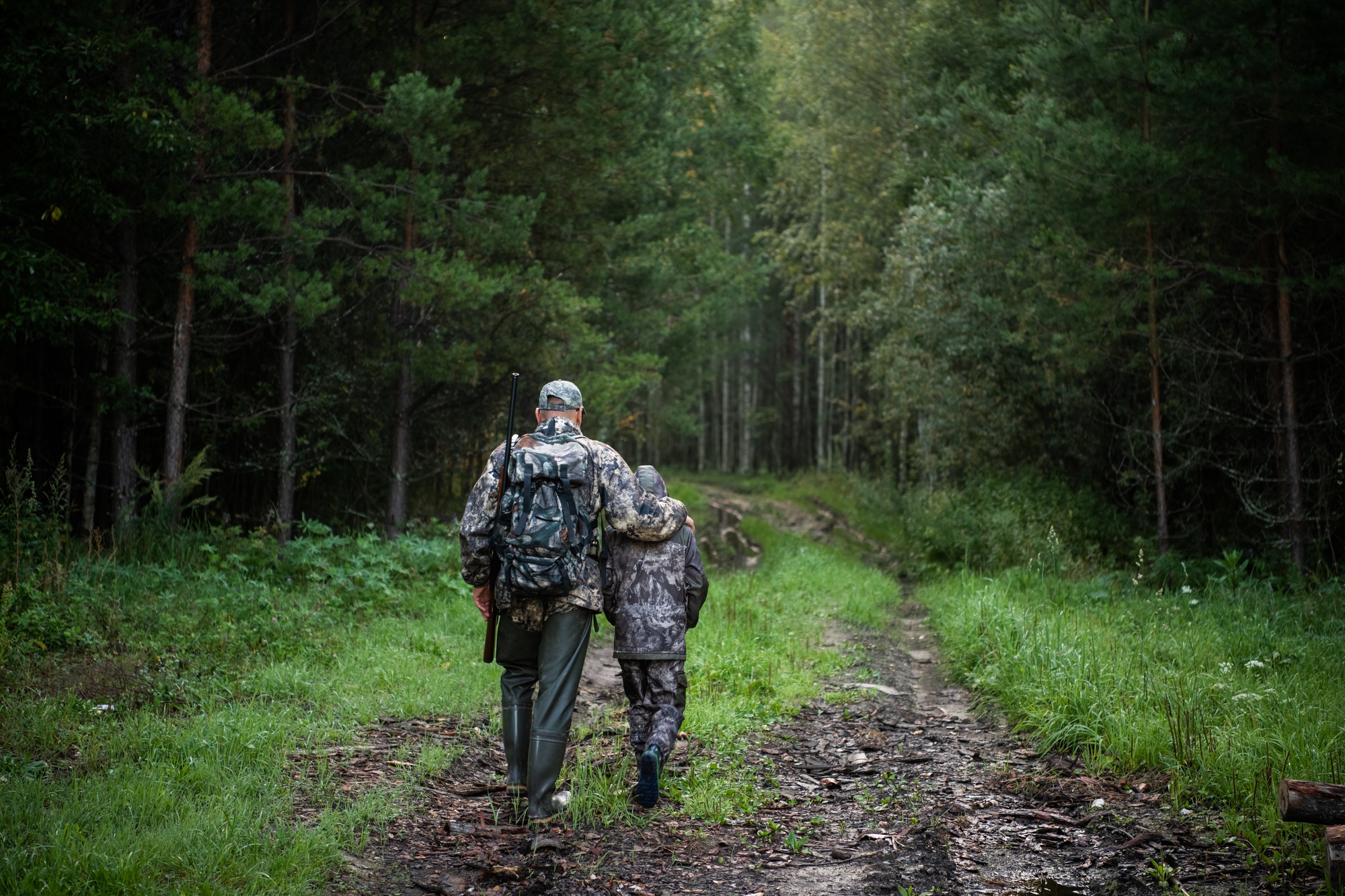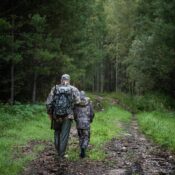Field to Table: The Mental and Emotional Benefits of Outdoor Skills and Self-Sourced Meals for Veterans

Field to Table: The Mental and Emotional Benefits of Outdoor Skills and Self-Sourced Meals for Veterans
Outdoor field-to-table experiences, like hunting, fishing, and cooking your own meals, can promote healing, reduce PTSD symptoms, and rebuild confidence for veterans and military families. These hands-on activities offer connection, purpose, and community.
Field to Table: The Mental and Emotional Benefits of Outdoor Skills and Self-Sourced Meals for Veterans
The transition from military to civilian life is often filled with uncertainty and emotional strain. For many veterans and their families, reconnecting with nature and learning practical, survival-based skills offers a pathway to healing. The field-to-table approach – hunting, fishing, harvesting, and preparing meals from the land, is gaining popularity not just for its sustainability, but for its therapeutic potential.
1. Nature as Medicine: The Science Behind Outdoor Therapy
Spending time in nature has been shown to reduce anxiety, depression, and PTSD symptoms. According to studies published in Frontiers in Psychology and Journal of Environmental Psychology, exposure to green spaces improves mood, boosts immune function, and reduces stress-related hormones.
For veterans who’ve experienced high-stress environments, natural settings offer restorative calm, promoting clarity and grounding in the present moment.
2. Skill-Building Fosters Confidence and Purpose
Learning to hunt, fish, track game, and prepare meals from one’s harvest can restore a sense of agency and mastery. These survival-based skills are familiar to many veterans and reinforce values such as self-reliance, focus, and discipline.
In a world where many transitioning service members feel a loss of identity or usefulness, field-to-table experiences help reestablish personal value and a sense of contribution.
3. Harvesting and Cooking Connects People to Life’s Rhythms
There’s a primal satisfaction in catching your own fish or harvesting wild game, then cooking and sharing that meal. It brings veterans and families into deeper connection with natural cycles, promoting awareness, gratitude, and healthy eating habits.
This process also helps normalize food sourcing, especially for children and spouses, offering insight into sustainability and the labor of nourishment.
4. Outdoor Adventures Strengthen Social Bonds
Whether it’s a one-day fishing trip or a multi-day hunting excursion, outdoor experiences provide a unique space for camaraderie and peer connection. Veterans are able to share stories, decompress in a judgment-free environment, and form relationships rooted in trust and mutual understanding.
These moments of togetherness and teamwork can be critical for breaking through isolation and building new community ties.
Conclusion
Field-to-table experiences blend physical challenge, emotional healing, and meaningful connection—elements that are often missing in post-military life. By embracing outdoor therapy and self-sourced meals, veterans and their families can find grounding, empowerment, and joy in the natural world. Sometimes, the road to healing begins in the forest, on the water, or around a fire where a shared meal is being prepared.
All Categories
info@tridenttablefoundation.org



